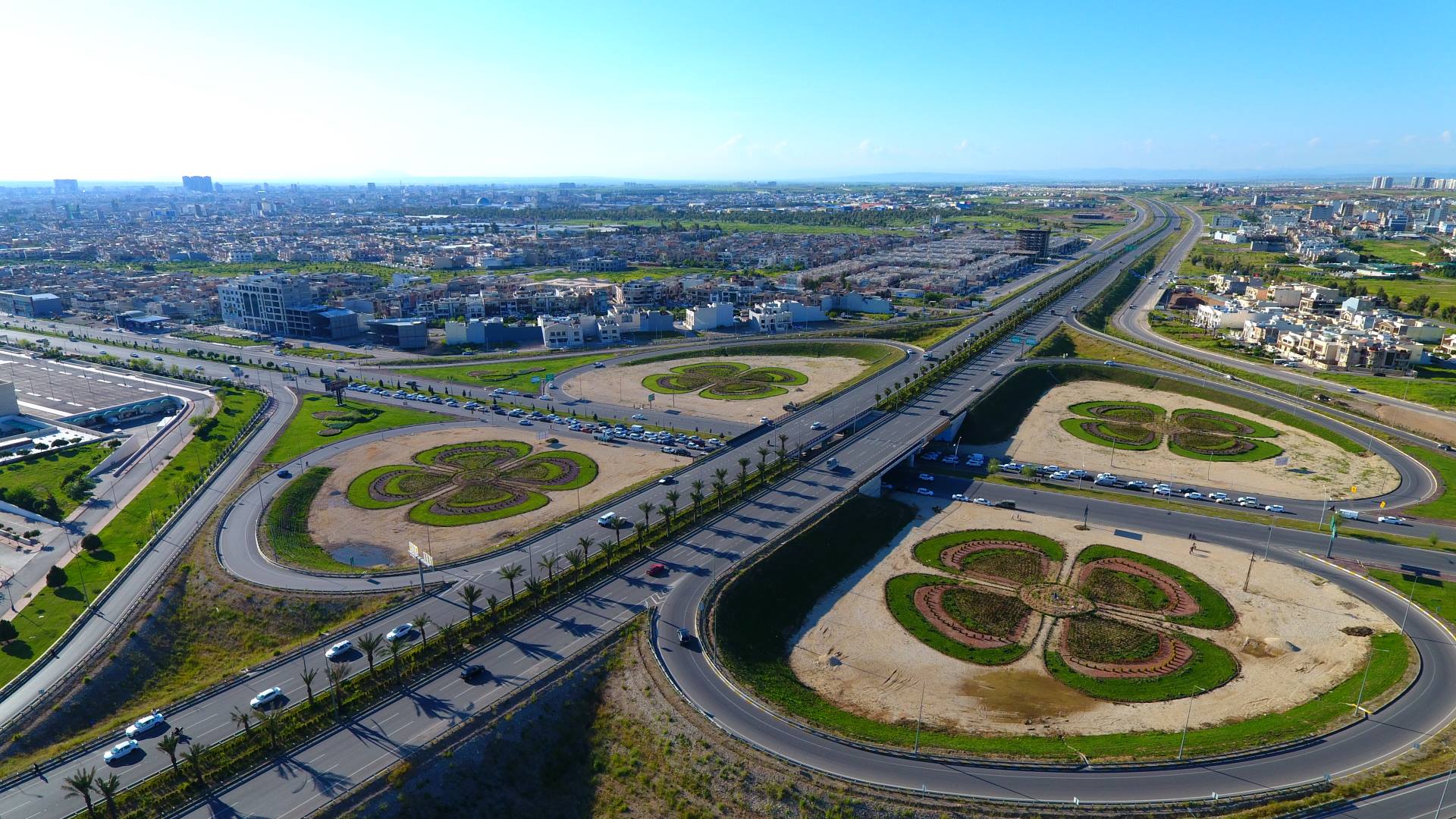Kurdistan Region invests in road network, improves connectivity
The KRG has also adopted innovative approaches to road construction, such as reusing old asphalt through advanced recycling processes. This environmentally friendly practice contributes to sustainable development and reduces waste.

ERBIL (Kurdistan24) – The Kurdistan Regional Government (KRG) has made significant strides in expanding and modernizing its road infrastructure, reflecting a commitment to improving connectivity and enhancing the quality of life for its citizens.
According to Bayar Taqi al-Din, the director of construction at the Ministry of Construction and Housing, the ninth government formation has placed a strong emphasis on road development.
This has resulted in the construction of five tunnels, two of which are already operational, while the remaining three are nearing completion.
The KRG has also adopted innovative approaches to road construction, such as reusing old asphalt through advanced recycling processes. This environmentally friendly practice contributes to sustainable development and reduces waste.
Furthermore, the government has invested in building numerous bridges in cities and towns across the region, aiming to alleviate traffic congestion and improve urban mobility.
The KRG's efforts to strengthen its road network have yielded tangible results.
To date, the government has completed 1,967 road construction and expansion projects, totaling a cost of 1.863 trillion dinars. These projects include major thoroughfares like the 150-meter road in Erbil, the 100-meter road in Sulaymaniyah, and the Barzan road in Duhok.
In addition to these completed projects, the KRG is currently undertaking 1,410 road construction initiatives.
The government has also successfully completed 13 strategic and medium-importance projects that were initiated by previous administrations but remained unfinished.
The KRG's investment in road infrastructure not only improves connectivity and transportation but also contributes to the overall development and beautification of cities and towns in the Kurdistan Region. These efforts enhance the quality of life for citizens and support economic growth.